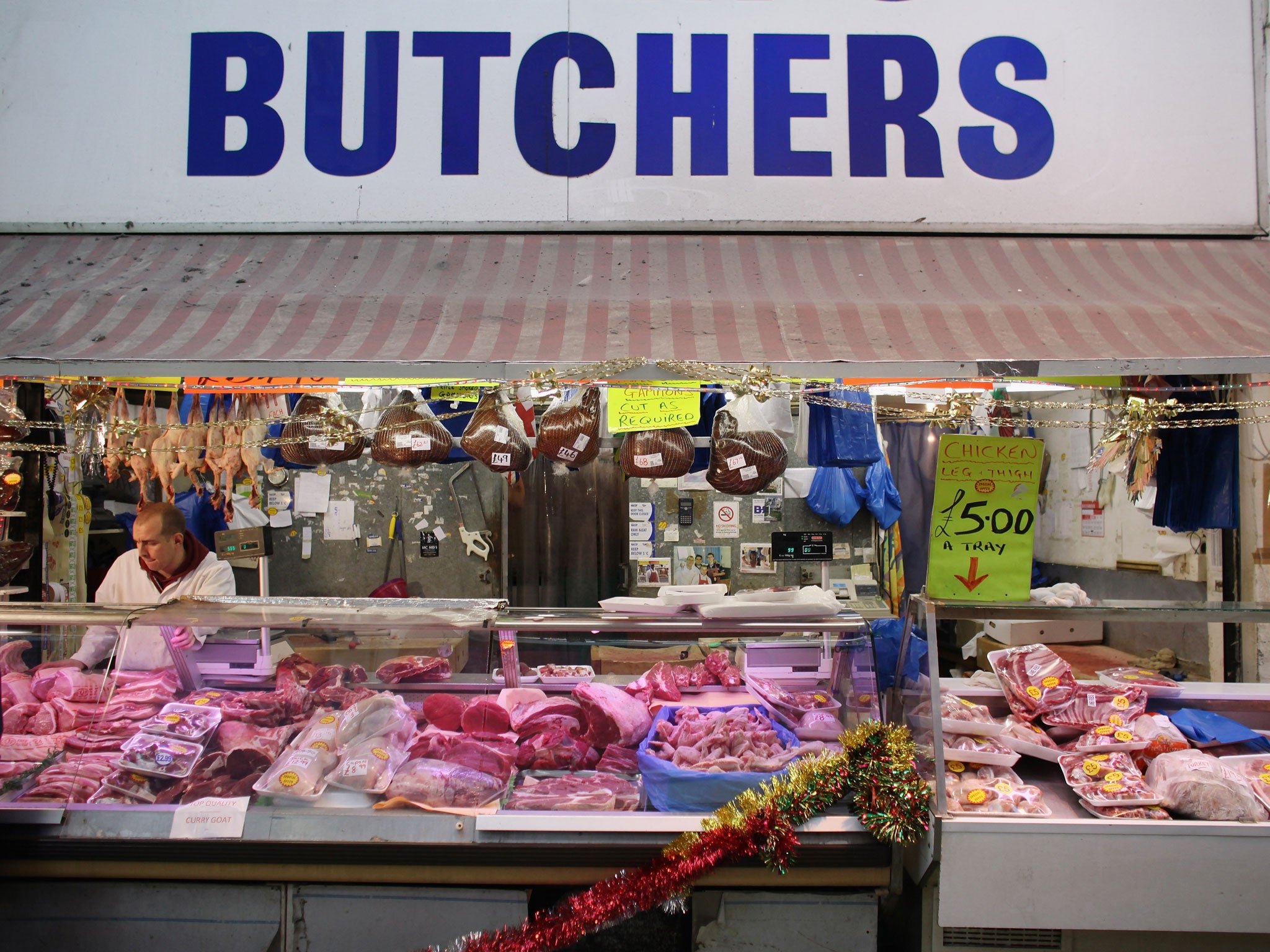Food safety testing to be beefed-up
Standards agency calls for tougher testing and monitoring by councils after horsemeat scandal

Whitehall officials are to take a tighter grip of efforts to guarantee the “authenticity” of British food in a desperate attempt to rebuild confidence in the produce on supermarket shelves following the horsemeat crisis.
The Department of Environment, Food and Rural Affairs (Defra) is to take joint control of an official body designed to improve work to test products, spot risks and prevent dubious items entering the food chain.
Trading standards officers will also be forced to improve their monitoring of food on sale, under an "action plan" to be discussed by the Food Standards Agency (FSA) this week.
The report on "food authenticity" will lay out plans to protect the food chain by stepping up national co-ordination of testing and monitoring by local authorities, "setting priorities for sampling and analysis … targeting enforcement action, and opportunities for the FSA to play a stronger role in guiding activity".
The paper reveals that the number of food samples taken by councils has fallen in recent years, dipping by 14.6 per cent in the year to 2012 alone. And it warns the effectiveness of the testing programme could be threatened by government cuts.
The "action plan" is the first official acknowledgement of failures in the system set up to protect consumers from contamination of the sort that was exposed – through investigations in Ireland – in January. A government inquiry into the adulteration of processed beef products with horsemeat and pig meat, and an FSA review led by Professor Pat Troop, vice-chair of Cambridge University Hospitals, are expected to finish this year.
But the FSA proposal to "ensure effective consumer protection" reveals that the decision has already been made to have the Authenticity Steering Group, which spearheads efforts to prevent food fraud, run jointly by the FSA and Defra.
Andrew Rhodes, the FSA's director of operations, said part of the steering group's remit would be to "ensure that the authenticity programme is targeting the right priorities to make sure enforcers have the methods they need to address emerging food mislabelling and food fraud issues".
Mr Rhodes's report also concedes that the FSA needed to improve relations with the food industry, which had "sometimes been cautious in sharing intelligence on risks with us in case specifics emerge... that compromise their commercial interests".
But MPs claimed last night that the FSA's plans laid bare the failings of its approach to food fraud and mislabelling. Mary Creagh, the shadow Environment Secretary, said the paper was "a masterpiece of understatement to spare government ministers embarrassment for their hasty fragmentation of the FSA in 2010". She added: "Having taken 24 food authenticity staff away from the FSA, they are now cobbling together a joint secretariat to do the work on authenticity sampling with the 12 staff who remain in Defra.
"Ministers' actions left the country spectacularly underprepared for the horsemeat scandal, which is why the PM had to ask the FSA to co-ordinate the sampling work."
Anne McIntosh, a Tory MP and chair of the Environment, Food and Rural Affairs Committee, which is investigating the crisis, said: "We were critical of the FSA when we reported on de-sinewed meat last year, and we couldn't have been clearer in our warnings that there was a potential for... contamination."
Michael Walker, science and food law consultant to the Laboratory of the Government Chemist, said the FSA plan was "a proportionate response". But he added that it is up to local authorities to "support the scientific infrastructure" for testing.
Join our commenting forum
Join thought-provoking conversations, follow other Independent readers and see their replies
Comments